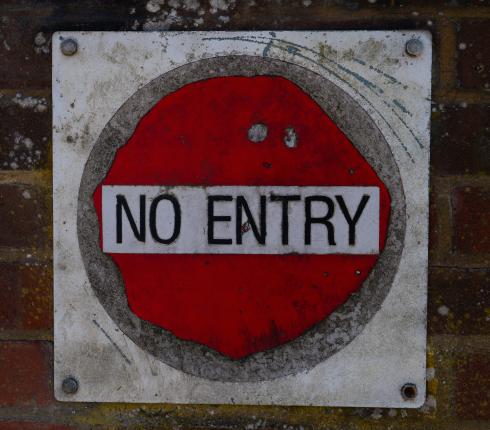NJORD Estonia: Limitation periods for claims recognised by an enforcement instrument will change
Until today, Estonian laws have sought to keep limitation periods as uniform as possible. In this context, the regulation in force since 2011 provides that the limitation period for a claim recognised by a court judgment that has entered into force or for a claim that arises from a settlement approved by a court or from another enforcement instrument is ten years as of entry into force of the court judgment or issue of another enforcement instrument.
The limitation period is the period during which the claimant (obligee) can claim that the obligor performs their obligation. By now it has been found that a uniform limitation period in the event of all such enforcement instruments is not always justified and fair in respect of the obligee and, in certain cases, the limitation period should still be longer. Therefore, pursuant to the regulation that enters into force on 1 July 2019, the limitation period for claims arising from unlawfully caused damage and for claims ordered to be settled on the basis of a civil action filed within the criminal proceedings will be extended from ten years to twenty years. For example, if, by a court judgment, compensation has been ordered pursuant to the Law of Obligations Act for the unlawful causing of damage (e.g. damage to health), this claim will no longer expire in 10 years but 20 years.
The changed limitation period applies to claims arising from a court judgment, a settlement approved by a court or from another enforcement instrument that has entered into force as of 1 July 2019.
In accordance with the explanations provided by the legislator, the purpose of extending the limitation period is to reinforce the obligee’s rights in a situation where the obligor has caused damage to the obligee unlawfully or through a criminal offence and the obligee’s claim has been recognised by an enforcement instrument. As of today, the 10-year limitation period has not yet caused any problems since the regulation itself has not yet been in force for long. With the new regulation, the legislator wants to prevent any possible issues that may arise, since the 10-year limitation period was provided by shortening the 30-year limitation period that had been in force before that.
The change in limitation periods is important to both the obligee and the obligor. For the obligee, it will give more time, during which they can claim the performance of the obligation and, if necessary, also receive legal aid. The obligor has a persistent risk over a longer period of time that the obligee will come to claim the performance, by using various measures, if the obligor has failed to perform their obligation.
(Authors: Triinu Hiob, Siiri Vello)










































